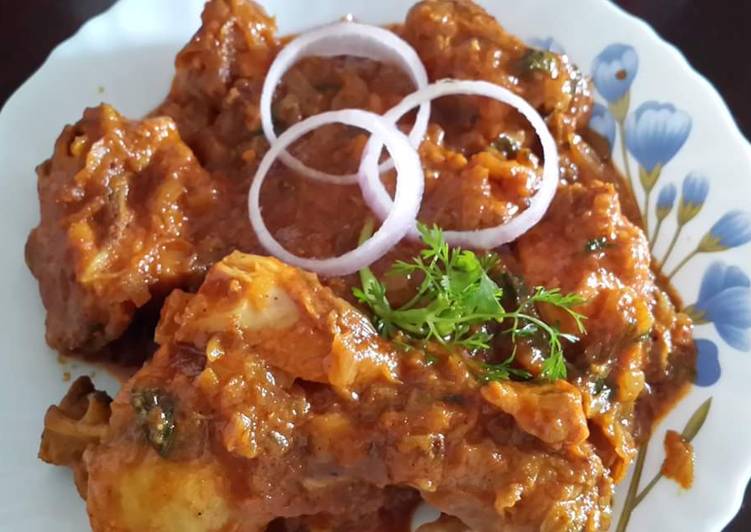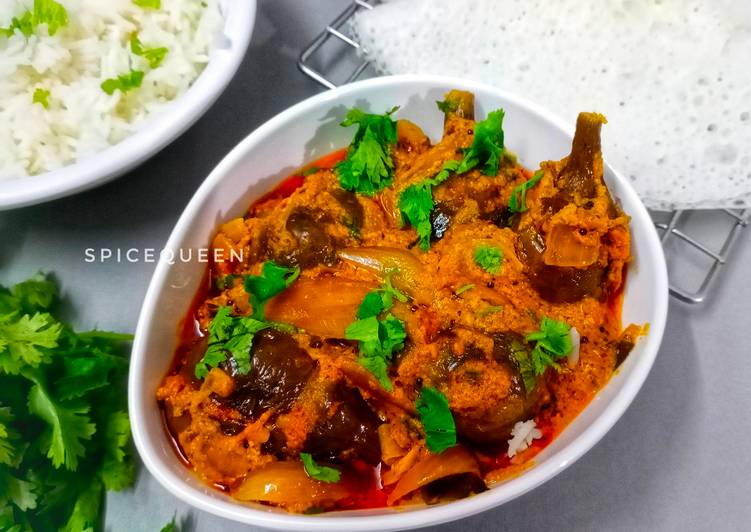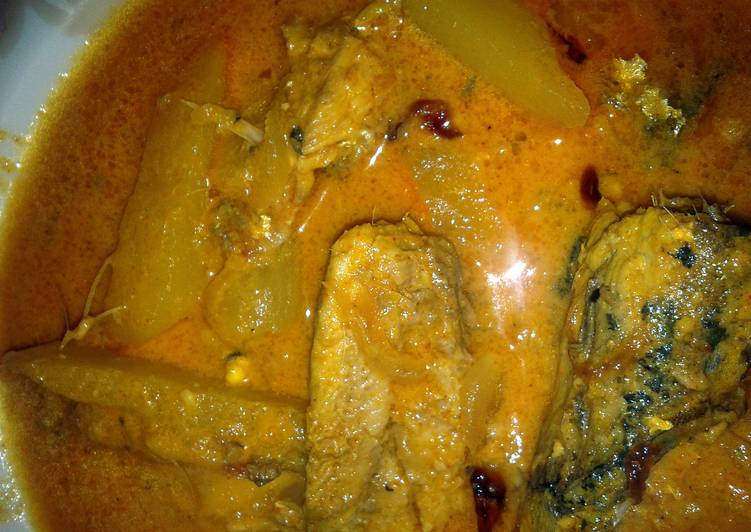
Hey everyone, I hope you are having an amazing day today. Today, we’re going to make a special dish, bengali style dry chicken curry/ kosha murgir mangsho. One of my favorites food recipes. For mine, I’m gonna make it a bit tasty. This is gonna smell and look delicious.
This chicken curry recipe yields tender chicken pieces in a hot, flavourful, stew-like jhol (curry). It is so versatile that it can be eaten with rice/roti. Bengali Kosha Murgir Mangsho is a dry type Chicken Curry with not use of water and should be cooked in Mustard Oil. Bengali cuisine is a culinary style originating in Bengal, a region in the eastern part of the Indian subcontinent, which is now divided between West.
Bengali style Dry Chicken Curry/ Kosha Murgir Mangsho is one of the most popular of current trending meals on earth. It is simple, it’s quick, it tastes yummy. It is enjoyed by millions daily. Bengali style Dry Chicken Curry/ Kosha Murgir Mangsho is something which I’ve loved my entire life. They’re fine and they look fantastic.
To get started with this recipe, we have to first prepare a few components. You can cook bengali style dry chicken curry/ kosha murgir mangsho using 21 ingredients and 4 steps. Here is how you can achieve that.
The ingredients needed to make Bengali style Dry Chicken Curry/ Kosha Murgir Mangsho:
- Prepare 600 gm chicken drumsticks
- Take 3 medium onions
- Take 5 tbsp mustard oil
- Prepare 1 tbsp ghee
- Prepare 1/2 tsp turmeric powder
- Prepare 1/2 tsp red chilli powder
- Make ready 2 potatoes quartered (optional)
- Take 1 tsp chicken curry masala
- Make ready 1 tsp garam masala
- Make ready 2 tbsp yogurt (dahi)
- Take 2 tbsp tomato puree
- Take 1 tbsp chopped coriander
- Make ready To taste salt and sugar
- Prepare 1 tbsp ginger paste
- Take 1 tbsp garlic paste
- Prepare 2 bay leaves
- Get 7-8 clove
- Prepare 2 cardamom
- Make ready 1 small stick cinnamon
- Get 7-8 peppercorn
- Prepare 1/2 tsp shahi jeera
Chicken Kosha is an age-old Bengali way of cooking Chicken. Like Kosha Mangsho this one is also high on spice level and not for faint-hearted. 😉 The word Kosha (a Bengali word) means dryish or a gravy which is quite dry in consistency. It's a popular dish; every Bengali family cooks it in their own. Bengali chicken curry or kosha murgir mangsho is most desirable preparation of our Bengali culinary.
Instructions to make Bengali style Dry Chicken Curry/ Kosha Murgir Mangsho:
- Marinate chicken with curd/dahi,little salt,2 tbsp mustard oil and meat masala for 2 hours.Meanwhile grind 1 onion to a paste alongwith ginger and garlic paste.Mix it in the chicken.
- Heat oil in a wok and sprinkle shahjeera, then half crushed peppercorns,laung, elaichi and cinnamon.When they splutter fry finely chopped onions alongwith little salt till soft and golden brown.
- If you want to add potatoes semi boil or steam them,lightly fry and set aside.
- Add the chicken with masalas,haldi, red chilli powder,bay leaves and toss till oil leaves sides.Add little water,the half cooked potatoes and cook covered on low flame till done.Add ghee.Garnish with chopped coriander and onion rings.Serve hot.
It's a popular dish; every Bengali family cooks it in their own. Bengali chicken curry or kosha murgir mangsho is most desirable preparation of our Bengali culinary. Here kosha murgir mangsho(meat) means well-marinated chicken meat fried in oil and spices, and makes a thick gravy with it. And this bengali style chicken curry recipe is a common. Kosha is a semi-dry curry, where the chicken is cooked slowly with the spices over a long period of time.
So that’s going to wrap it up with this special food bengali style dry chicken curry/ kosha murgir mangsho recipe. Thank you very much for your time. I am sure you will make this at home. There’s gonna be interesting food at home recipes coming up. Remember to save this page on your browser, and share it to your loved ones, friends and colleague. Thanks again for reading. Go on get cooking!

